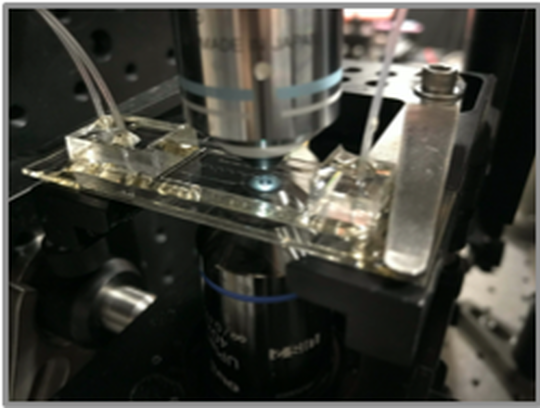Principal Investigator
Dr. Hayden Kwok-Hay So is an Associate Professor at the Department of Electrical and Electronic Engineering, The University of Hong Kong. His main research interest is in the area of reconfigurable computing using Field Programmable Gate Array (FPGA) and Graphics Processing Unit (GPU). His current work focuses on applying reconfigurable computing techniques in data-centre settings to improve their power-efficiencies. An FPGA is an integrated circuit that allows its functionality to be changed or reconfigured during its lifetime. This enables the user to create specific computing features required for target applications. With GPU computing, the graphic display card of a computer originally designed for processing on-screen graphics is used for general-purpose computing instead, this can be very power efficient as it delivers considerable computation without much power increment. A data-centre is a large construction housing thousands and thousands of computers, which performs computations that support modern IT infrastructures. Google and Facebook are examples of companies that operate large-scale data-centres.
Before joining HKU, Dr. So obtained his B.S. in Electrical Engineering and Computer Sciences (1998), his M.S. (2000) and his PhD (2007) at the University of California, Berkeley. At Berkeley, he worked with Prof. Bob Brodersen at the Berkeley Wireless Research Center.





